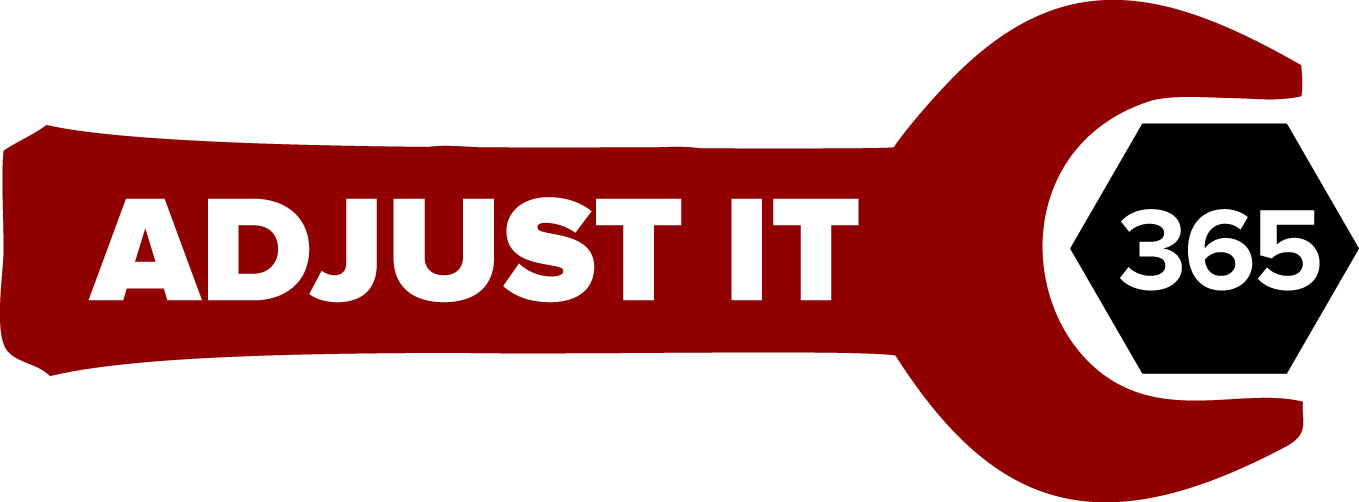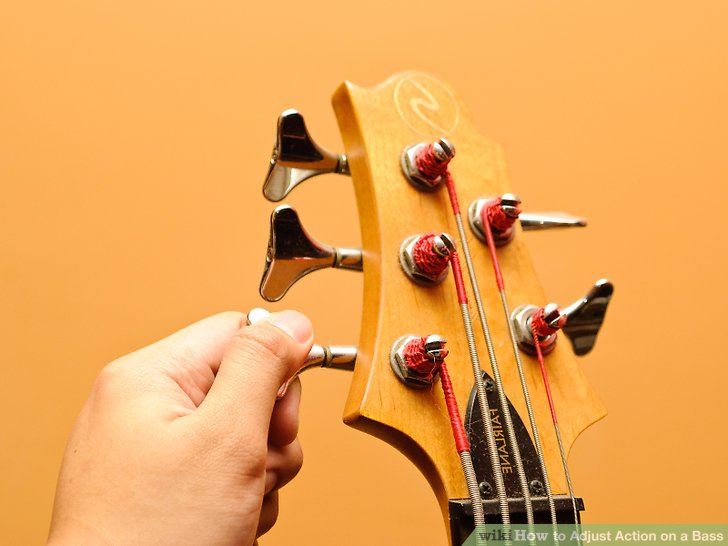
verb (used with object)
- to change (something) so that it fits, corresponds, or conforms; adapt; accommodate: to adjust expenses to income.
- to put in good working order; regulate; bring to a proper state or position: to adjust an instrument.
- to settle or bring to a satisfactory state, so that parties are agreed in the result: to adjust our differences.
- Insurance. to determine the amount to be paid in settlement of (a claim).
- to systematize.
- Military. to correct the elevation or deflection of (a gun).
verb (used without object)
- to adapt oneself; become adapted: They had no problems in adjusting at the new school.
verb
- (tr) to alter slightly, esp to achieve accuracy; regulateto adjust the television
- to adapt, as to a new environment, etc
- (tr) to put into order
- (tr) insurance to determine the amount payable in settlement of (a claim)
late 14c., ajusten, “to correct, remedy;” reborrowed by c.1600 in sense “arrange, settle, compose,” from Middle French adjuster, Old French ajouter “to join” (12c.), from Late Latin adjuxtare “to bring near,” from Latin ad- “to” (see ad-) + juxta “next,” related to jungere “to join” (see jugular).
Influenced by folk etymology derivation from Latin iustus “just, equitable, fair.” Meaning “to arrange (something) so as to conform with (a standard or another thing)” is from 1660s. Insurance sense is from 1755. Meaning “to get used to” first recorded 1924. Related: Adjusted; adjusting.
v.
- To bring into proper relationship.
- To treat disorders of the spine by correcting slight dislocations between vertebrae using chiropractic techniques.
- To achieve a psychological balance with regard to one’s external environment, one’s needs, and the demands of others.
 Liberal Dictionary English Dictionary
Liberal Dictionary English Dictionary




